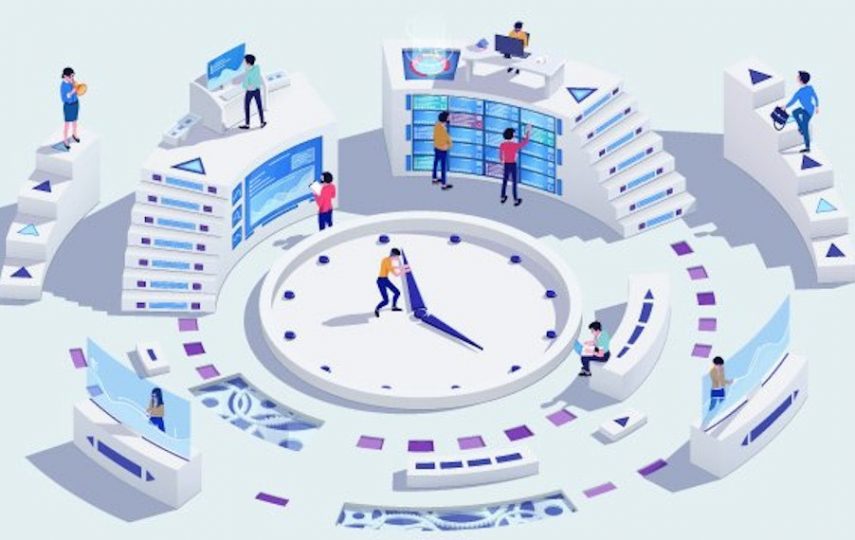Software Development Frameworks
Frameworks are like jet packs for development languages: They boost performance, extend capabilities, and offer libraries of coding shortcuts so developers aren’t hand-coding web applications from the ground up. A software framework is made up of one or many components. These components generally include programs and code libraries. API’s interfaces make sure all different components interact with each other for development of desired software application.
Сhosing the best web application framework is not an easy task. There are many of them on the market, and each of them has its peculiarities, strong and weak sides, as well as the best scopes of application. However, the good news is that it’s a tough choice because you have a diversity of options when it comes to the desktop application frameworks.
Here is the list of the frameworks our developers like the most, and use to bring benefits to our clients.
1. AngularJS
If you are a bit updated about the latest web development technologies, then Angularjs is a familiar name to you. Angular is a JavaScript open-source web framework which was designed particularly for single-page web applications using MVC architectural pattern. It is not a full-stack, but a front-end framework dealing basically with your web-pages. Angular was developed by Google, and it’s used by Google, Microsoft, and Paypal.
2. React
React is another JavaScript component library for building user interfaces. It's like Angular but maintained by Facebook, Instagram and a community of individual developers and corporations. It allows web developers to create large web-applications which can change over time without reloading the page.
3. jQuery
This is another JavaScript framework which rules the world. jQuery has been my favorite for a long time and I advise every developer to learn jQuery. It makes client-side scripting really easy.
4. Node.JS
Node.js is not just a framework, it is a complete environment. It has been the developer’s favorite for a long time and is expected to stay this way long enough. It helps to create scalable and fast network applications since it is capable of handling a large number of simultaneous connections with high performance, which provides high scalability.
5. Laravel
Laravel is a free PHP general-purpose open source framework, which was born relatively recently - in 2011, but thanks to the rapid development and huge army of fans, today it is one of the most popular PHP engines, which can save you from spaghetti code. It is a universal tool for creating landing pages, blogs, chatbots, server part of mobile apps, parsers, full-fledged online stores.
6. Symfony
Symfony is a PHP web framework that’s well suited for large-scale or complex enterprise-level projects. It is a quite stable framework. Symfony 3.1 (the current version) helps full stack developers create scalable websites that are flexible to changing business requirements. Symfony can work with some of the largest open-source platforms such as PHPBB, Piwik, and Drupal.
7. CakePHP
CakePHP is a framework that simplifies and accelerates app development, and it requires much less code. This is a modern framework for PHP 7, which provides a more flexible access level to databases, as well as a powerful code generation system. Thanks to these features, it is easier to develop small and complex systems, faster and, of course, with higher quality. If you want to develop quickly, CakePHP is exactly what you were looking for.
Don’t be scared to pick up a framework and start working on it, it will certainly give you an insight about how things are done and you’ll find many similarities between frameworks, even across different languages in the same category. When finalizing your decision let us remind you that it is never about the number of features that a particular framework provides. It’s about the actual functionality of the framework and how the functionalities can be utilized by web application developers for particular needs.





